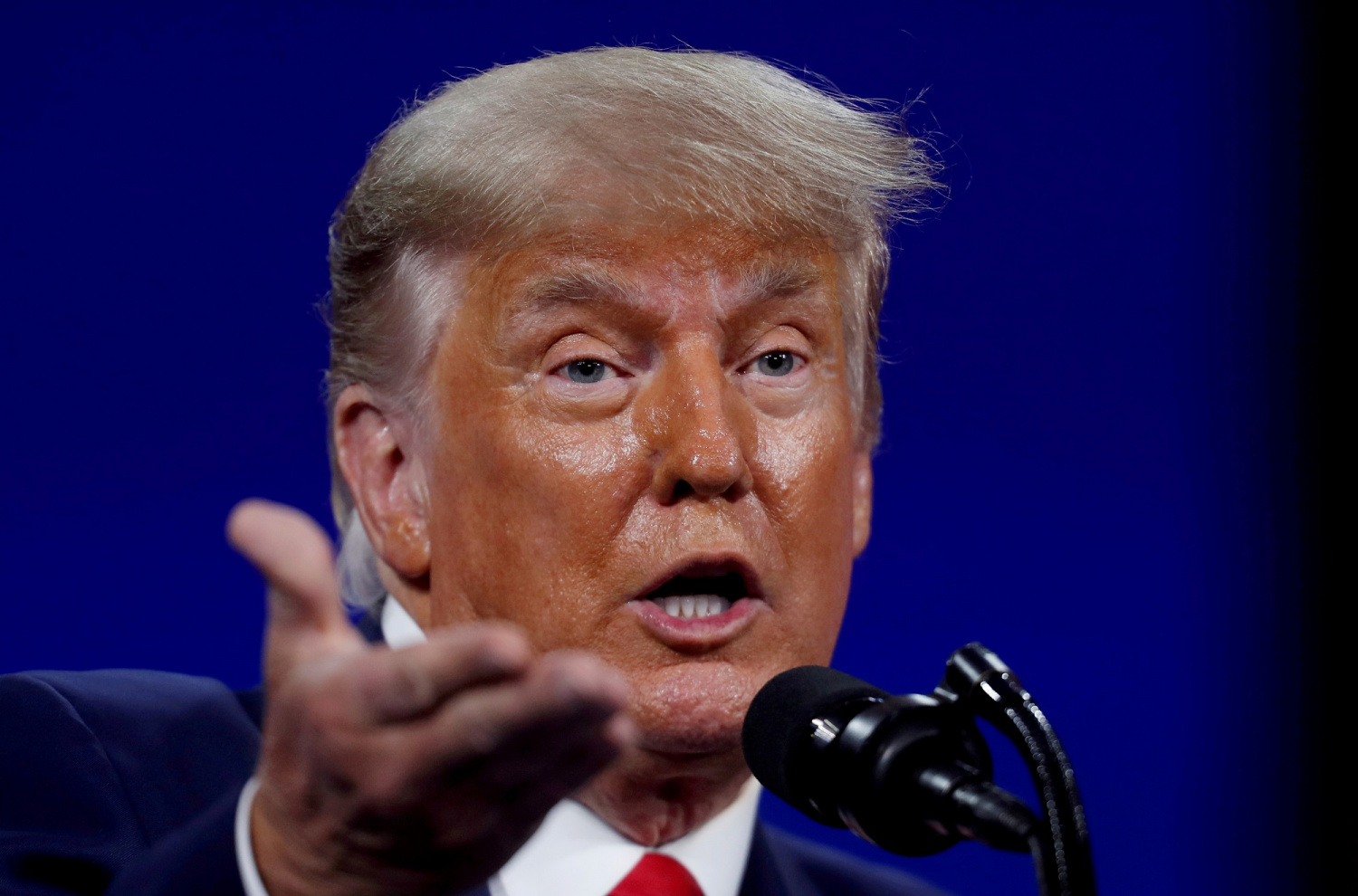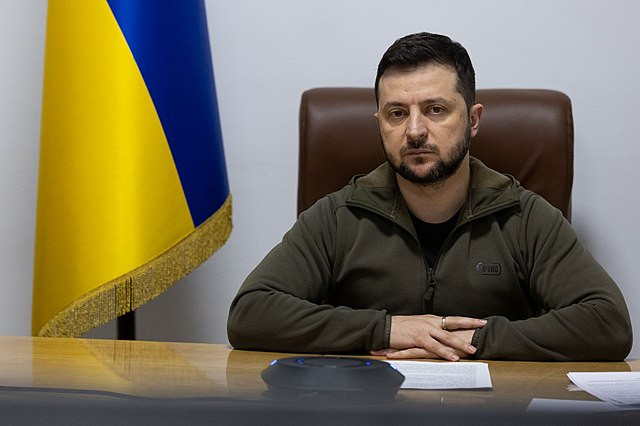In a recent interview with CNN's Kaitlan Collins, Ukrainian President Volodymyr Zelensky issued a sharp critique of former U.S. President Donald Trump's stance on Russia, questioning Trump's understanding of Russian President Vladimir Putin's intentions and criticizing his apparent alignment with Putin over Ukraine. This conversation comes at a pivotal moment, marking two years since Russia's aggressive invasion of Ukraine, a conflict that continues to draw global attention and calls for support.
During the interview conducted in Kyiv, Zelensky expressed disbelief at Trump's alleged support for Putin, stating, "It's unbelievable... I can't understand how Donald Trump can be on the side of Putin." The Ukrainian leader underscored the critical role of U.S. aid in Ukraine's defense efforts against Russian advances, highlighting the stark choices facing American political leaders and the implications of their foreign policy decisions.
Zelensky specifically addressed Trump's claim that he could "end" the Russian invasion in one day if re-elected, countering that Trump "doesn't know Putin" and lacks firsthand experience in combatting Russian military aggression. "I know he met him... but he never fought with Putin," Zelensky remarked, emphasizing his own deeper insight into Putin's relentless ambitions.
The interview also touched on the dire consequences of insufficient support for Ukraine, particularly in light of recent setbacks such as the withdrawal of Ukrainian forces from Avdiivka. Zelensky warned of the challenges ahead in the conflict's third year, stressing the importance of continued U.S. military aid to prevent further losses and to bolster Ukraine's defense and counter-offensive capabilities.

The search was reportedly tied to an ongoing probe into Trump's handling of classified documents.
Zelensky's concerns extend beyond the battlefield to the political arena, where Trump's comments on NATO and his ambiguous position on the Russia-Ukraine war have raised alarms among U.S. allies. Trump's suggestion that he might allow Russia to do "whatever the hell they wanted" to NATO countries failing to meet defense spending targets has added to the unease, highlighting the broader geopolitical stakes of the U.S. stance on Ukraine.
In his conversation with Collins, Zelensky also relayed his recent discussions with House Speaker Mike Johnson, expressing optimism about U.S. support based on their dialogue. Johnson's commitment to backing Ukraine was a positive note for Zelensky, who remains focused on rallying international support for his country's struggle for sovereignty and democratic values.
As the conflict enters its third year, the international community continues to watch closely, with leaders like Zelensky advocating for unwavering support against Russian aggression. The decisions made in Washington and other capitals around the world will not only shape the outcome of this war but also define the contours of global power dynamics and the principles underpinning international order in the 21st century.






